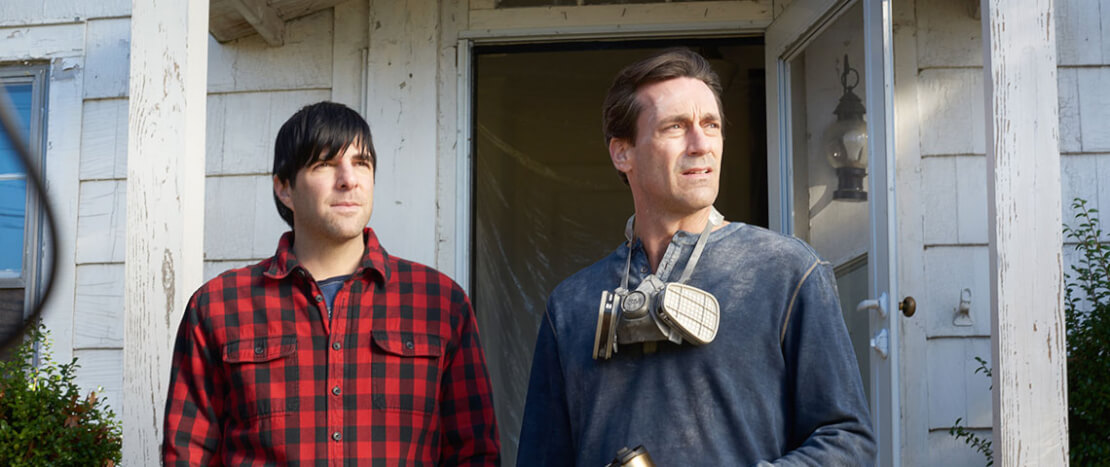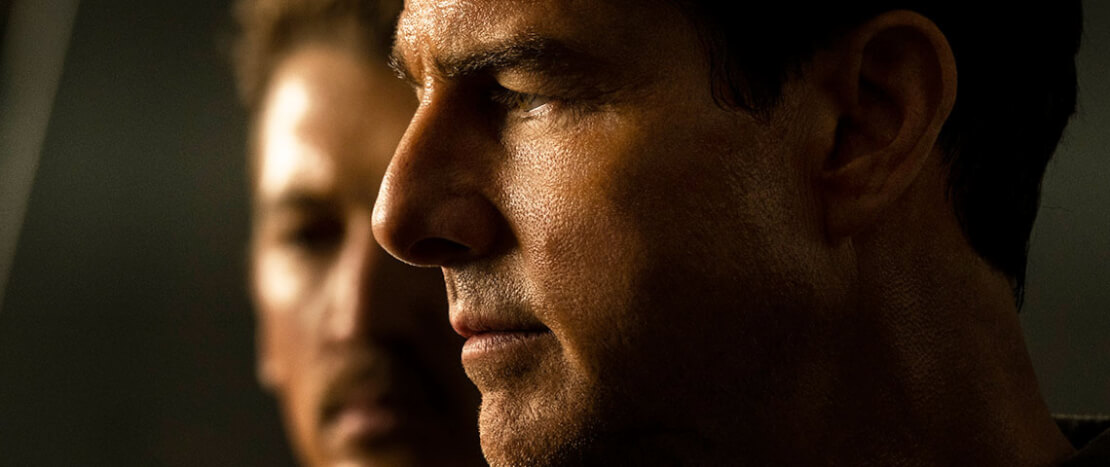Aardvark
Convinced that he is being visited by his estranged brother in the form of random strangers, Josh Norman (Zachary Quinto) seeks out the help of therapist Emily Milburton (Jenny Slate). Is Josh just hallucinating or is there something more to his visitations than first appears?
Quite possibly.
… inhabits a purgatorial piece between deeply flawed and occasionally brave.
To put this into immediate context, director Brian Shoaf’s ‘Aardvark’ is currently trending on Rotten Tomatoes with a lowly approval rating of 12%. So whilst this is not desirable, either for the filmmakers or how to start a review, it still highlights a trend.
You see ‘Aardvark’ isn’t a bad movie. There, you can stop reading now, if you want. That special corner of hell for the ill-advised and derisory should not be taken up by Shoaf’s debut. In fact, it inhabits a purgatorial piece between deeply flawed and occasionally brave.
I’ll explain.
‘Aardvark’ is a movie about mental illness. For a condition that is for the most part invisible, cinema has continually struggled to render it visible. Fixated on symptomatic behaviour, few films actually get under the skin of the condition or those dealing with it. ‘Aardvark’ in this regard tries and often has moments of interesting, fractured success. However in presenting the world as Josh (Zachary Quinto) would see it, also has quite some marked problems.
To begin with, the first couple of acts are hard to get on terms with. Unclear as to whether it is Josh‘s or Emily’s (Jenny Slate) story we should be following, it can be difficult to engage or sympathise with either. Emily, for the most part seems good hearted soul who is romantically challenged, whilst Josh shares a similar sense of zig-zagging melancholia. Add to this a haircut on loan from Ben Stiller’s ‘Little Nicky’ and Zachary Quinto quickly finds himself fighting an uphill battle for both his craft and his character to be taken seriously. However, help is at hand.
Arriving in the second act, John Hamm appears with a highly nuanced performance that catalyses both the third act of the story and releases Quinto’s character into a different kind of consideration. You see confusion is part of ‘Aardvark’s’ narrative. It is a movie whose largest weakness is actually its redeeming strength. That said, given the disorientation of the first two acts, its debatable whether many people’s sympathies might have already left the cinema.
So, ultimately ‘Aardvark’ becomes a curate’s egg of a movie, already smashed to pieces by aggregated opinion. Consigned to damningly low percentiles, it seems destined to nestle up next to the justifiably risible ‘Hellboy’ reboot as being a ‘bad movie’ – but it’s not.
Instead, very much falling into a category of movie’s-you-have-go-with (much like ‘Swiss Army Man’), ‘Aardvark’s’ twee and self-absorbed world is one you have to surrender to. Wrestling with the question of whether it’s kinder to tell the truth or prop up another lie, ‘Aardvark’ is a decent enough movie about the nature of memories and how desirable they might be, no matter who they belong to.













